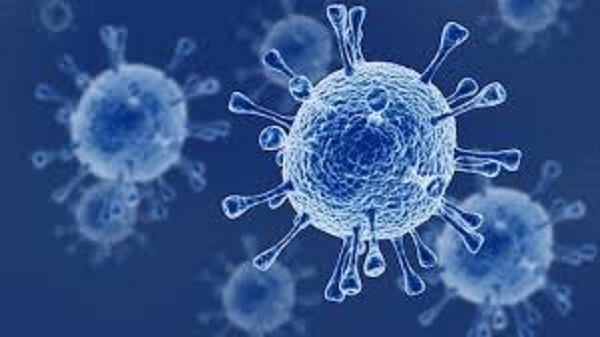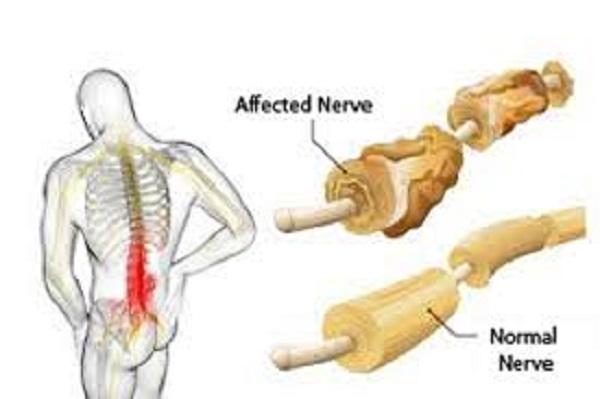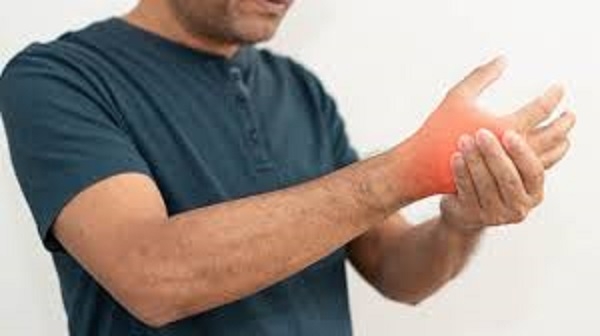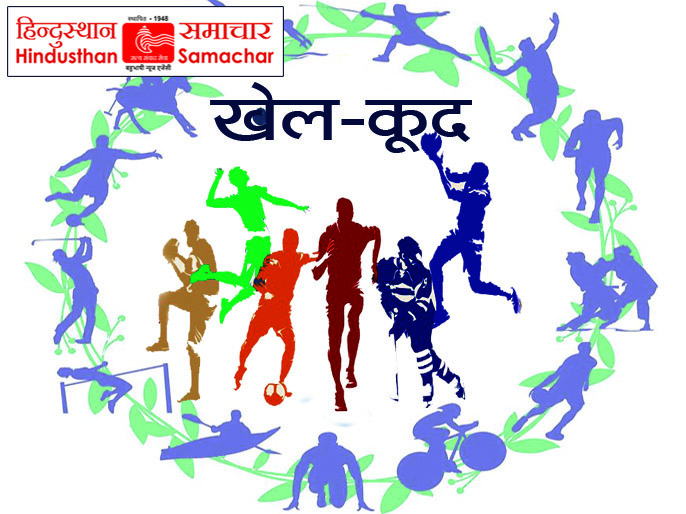


By Dr R B Chaudhary
Tamil Nadu's State Health Department has denied a Guillain-Barre Syndrome (GBS) outbreak, despite 21 deaths reported across India, with 17 in Maharashtra and one in Tamil Nadu. Doctors urge caution, emphasizing early hospitalization for full recovery and public education. GBS is a rare autoimmune condition where the immune system attacks peripheral nerves, causing muscle weakness and sensory loss. It's more common in adults and men, but can affect people of all ages.
The exact cause of GBS is still unknown, but it's often triggered by bacterial or viral infections, including campylobacter jejuni, a leading cause of foodborne infections. Other triggers include flu, Epstein-Barr virus, cytomegalovirus, and Zika virus. Symptoms of GBS can progress rapidly, and may include muscle weakness starting in extremities, numbness, tingling, or pain in limbs, difficulty swallowing, eye movements, or breathing, rapid heart rate, low or high blood pressure, and trouble with bladder control or bowel function.
Preventing GBS requires attention to food and water safety. Boil water before consumption, wash vegetables and fruits thoroughly, and cook poultry, meat, and seafood properly. Avoid close contact with individuals who have a respiratory or gastrointestinal illness. Treatment for GBS typically involves early hospitalization for monitoring and treatment, immunoglobulin injections and plasma exchange to help shorten illness duration, and rehabilitation to regain muscle strength and function.
People with GBS who receive immunoglobulin, on average, have a quicker time to recovery compared with those who do not have this treatment. DPH advisory DPH director Dr TS Selvavinayagam instructed the public to boil water before consumption or use bottled water if the safety of the source is uncertain. Wash vegetables and fruits thoroughly, and ensure to cook poultry, meat, and seafood properly. Additionally, cases of diarrhoea, sudden limb weakness, numbness should be reported to health authorities for early intervention. Medical officers and healthcare staff have been asked to educate the general public on the importance of food and water safety to help prevent infections linked to GBS, and also provide reassurance that GBS is treatable with timely medical intervention. They have been asked to detect and refer suspected or probable GBS cases to the nearest tertiary care health facility immediately.
Early diagnosis and treatment are crucial for a full recovery. Most GBS patients recover fully, but severe cases can cause paralysis and breathing difficulties. If you experience any symptoms, seek medical attention immediately. Provide your doctor with a detailed medical history, including any recent illnesses or infections, and follow your doctor's instructions for treatment and rehabilitation. Remember, GBS is a treatable condition, and prompt medical attention can significantly improve outcomes.
GBS is a rare autoimmune disorder that affects the peripheral nerves, causing muscle weakness, numbness, and tingling sensations. The immune system mistakenly attacks the nerves, leading to demyelination and disruption of nerve function. GBS can occur at any age, but it's more common in adults and men.
Diagnosing GBS involves a combination of physical examination, medical history, and laboratory tests. Treatment options include: Immunoglobulin injections to reduce inflammation and modulate the immune system; Plasma exchange to remove antibodies and other immune factors contributing to the condition; Rehabilitation to regain muscle strength and function and Pain management to alleviate discomfort and pain.
While GBS can be a challenging condition to manage, there are steps you can take to alleviate symptoms and support recovery:Stay hydrated by drinking plenty of fluids; Maintain a balanced diet rich in fruits, vegetables, and whole grains, Engage in gentle exercises, such as yoga or stretching and maintaining flexibility and mobility. Practice stress-reducing techniques such as meditation or deep breathing to manage stress and anxiety.
GBS is a rare but treatable neurological disorder that requires prompt medical attention. By understanding the causes, symptoms, and treatment options, you can take steps to manage the condition and support recovery. Remember, early diagnosis and treatment are crucial for a full recovery. If you experience any symptoms, seek medical attention immediately.
(Author is Associated with Hindustan Samachar as Representative for the Tamilnadu State)
---------------
Hindusthan Samachar / Dr. R. B. Chaudhary








